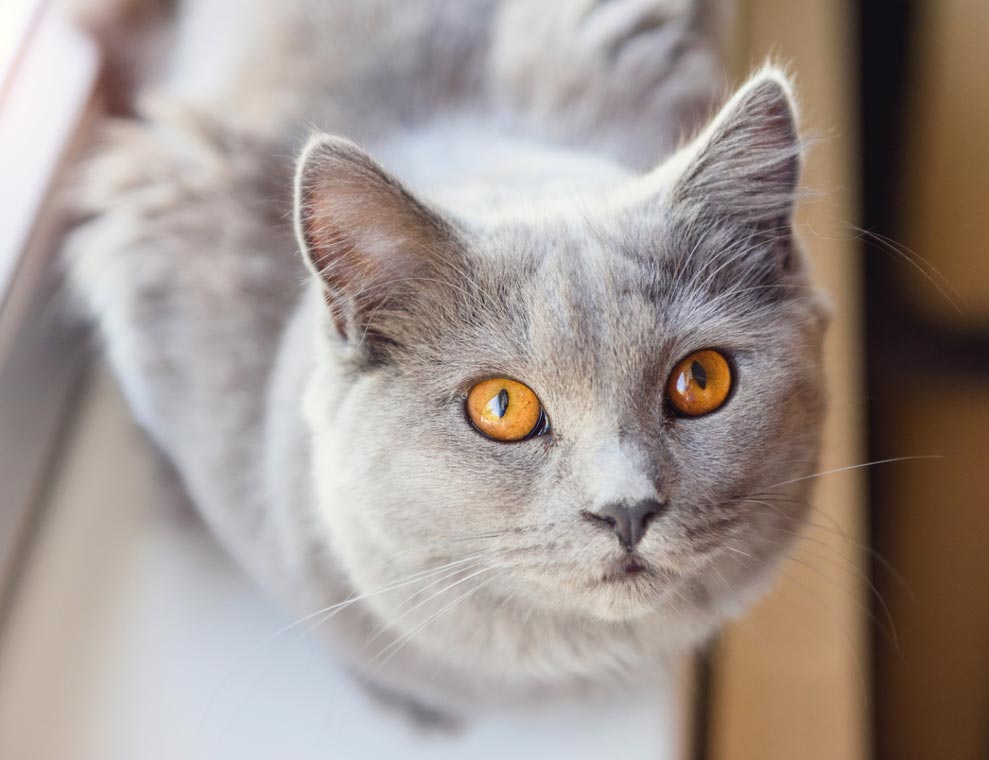Is Tea Tree Oil a Safe and Effective Flea Treatment for Cats?

Essential oils are used by many for far-reaching applications, from cleaning to healthcare. Some people would like to expand their use to treating and preventing flea infestations on their cat. But is that safe?
Tea Tree Oil and Fleas in Cats
One essential oil that often comes up in discussions of fleas is tea tree oil. People recommend using it in various formulations to repel and kill fleas.
Tea tree oil can kill fleas. The problem is that it is only safe for cats in extremely low concentrations; lower than what would be needed to repel and kill fleas.
Tea Tree Oil Toxicity in Cats
Tea tree oil can be safe for topical application in cats at extremely low concentrations, from 0.1 - 1%. It is extremely difficult to accurately dilute 100% tea tree oil to that level at home.
If undiluted tea tree oil or diluted tea tree that is still too concentrated is applied topically to a cat, it is absorbed through the skin into the blood stream where it can cause toxicity. Cats also tend to groom themselves when something is applied to their skin, making them prone to ingesting the tea tree oil, causing even more rapid toxicity.
A review of pet poison control calls between 2002 and 2012 revealed that extremely serious reactions can occur when cats are exposed to tea tree oil either topically, orally, or both (Safdar A. Khan, Mary Kay McLean, & Margaret R. Slater, 2014).
Signs of tea tree oil toxicity in cats can include:
- Drooling
- Vomiting
- Weakness
- Muscle tremors
- Coma
- Death
Note: Tea tree oil is also toxic to humans when it is ingested.
Tea Tree Oil Should Not Be Used on Cats
With regards to tea tree oil and cats, we recommend avoiding its use unless your veterinarian has recommended a specific product that is properly diluted.
For prevention or treatment of fleas, we recommend you talk to your veterinarian and obtain a recommendation for a product that has been extensively tested for safety and efficacy in cats.
Works Cited
- Safdar A. Khan, D. P., Mary Kay McLean, M., & Margaret R. Slater, D. P. (2014, Jan. 1). Concentrated tea tree oil toxicosis in dogs and cats: 443 cases (2002-2012). Retrieved from avmajournals.avma.org: DOI: 10.2460/javma.244.1.95.
You May Also Like These Articles:
Siamese Cats: An Interview with Fancy Cat
Flea Allergy Dermatitis in Cats
Cat Scratch Fever: What It Is and How to Avoid It
What to Do About Cats That Bite
Notice: Ask-a-Vet is an affiliated service for those who wish to speak with a veterinary professional about their pet's specific condition. Initially, a bot will ask questions to determine the general nature of your concern. Then, you will be transferred to a human. There is a charge for the service if you choose to connect to a veterinarian. Ask-a-Vet is not manned by the staff or owners of CatHealth.com, and the advice given should not delay or replace a visit to your veterinarian.





Comments (2)